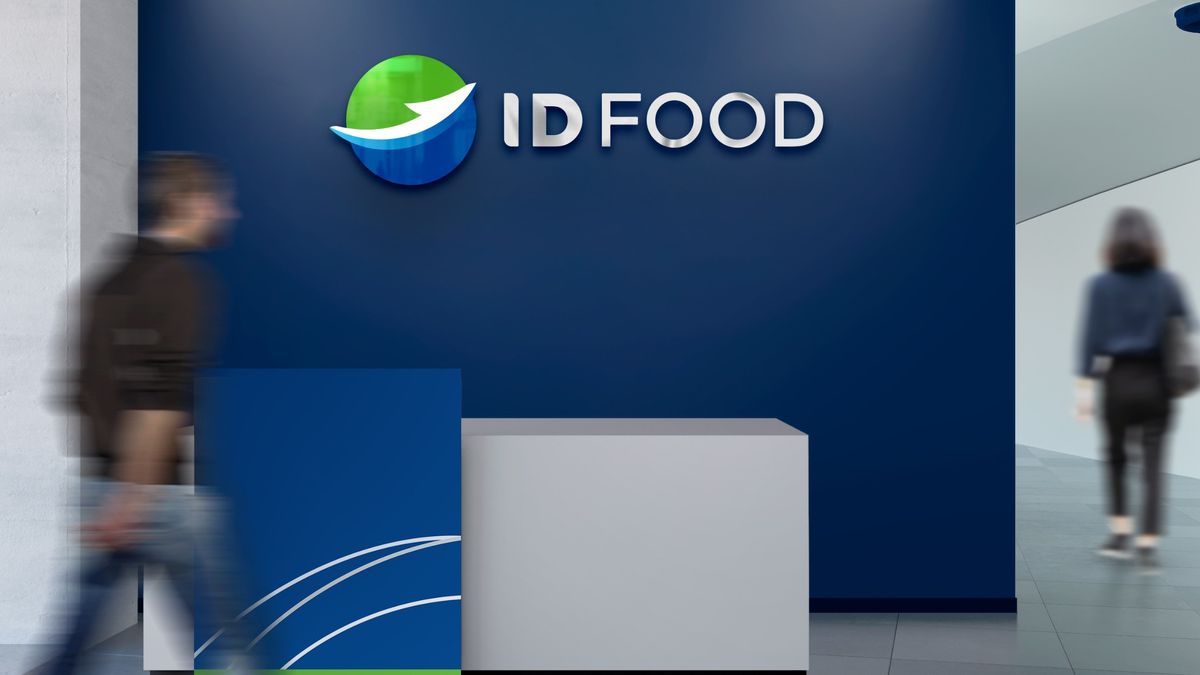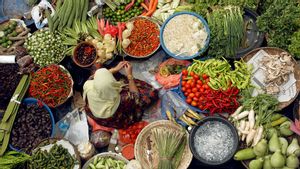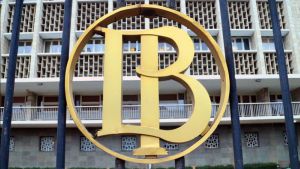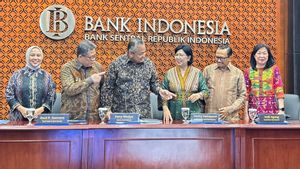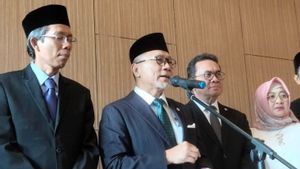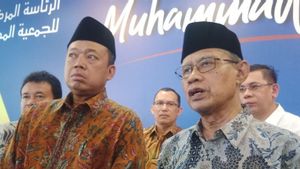JAKARTA - Food SOE Holding ID FOOD is ready to play an active role in maintaining food security in the Southeast Asian region. One of the efforts made is to digitize supply chain innovation to increase access and realize inclusiveness for farmers, breeders, fishermen, and MSMEs.
This was conveyed by the Director of Supply Chain Management (SCM) and Information Technology (IT) ID FOOD Bernadetta Raras, Wednesday, May 22, in Jakarta. According to him, digitalization is the main point to maintain food security and sustainability in supply and food distribution.
Digitalization of supply chains is very important, especially to mitigate emergency conditions and restrictions, as happened during the last COVID-19 pandemic. At that time, agricultural production conditions and movement of global food supply chains were hampered, resulting in scarcity of stock and price fluctuations," he said.
According to Raras, learning from the experience of the last COVID-19 pandemic, the digitization of supply chains in the food sector must continue to be strengthened. As is known, in the Southeast Asia region, many farmers and food business actors face challenges in conveying their products to consumers, this causes the loss of food/food stocks and loss of income.
"Good supply chain management through digitalization can open the widest access for food business actors to distribute and sell their products, as well as reduce food loss and waste by strengthening the cold supply chain," he said.
Raras in his presentation delivered at the Food Security In Southeast Asia forum, on May 4-7, 2024, in Kuala Lumpur, Malaysia, mentioned a number of concrete steps taken by ID FOOD to encourage the digitization of supply chains in Indonesia, including the development of the Warung Pangan marketplace platform which is a digital market to connect business actors or offline suppliers to online.
Food stalls have helped a lot connect local farmers with small shops. this platform offers various services ranging from transactions to delivery. Currently, the number of food stall partners is recorded at more than 10,000 MSMEs spread across Indonesia.
To maintain the integrity of the upstream-downstream agricultural supply chain, ID FOOD also runs the Makmur program. This program is a form of cross-sectoral SOE collaboration, where ID FOOD acts as its coordinator. This program aims to provide intensive assistance to farmers, such as assistance in sustainable agricultural cultivation, utilization of agricultural technology, funding, security through insurance, and certainty of absorption and market certainty.
The Prosperous Program aims to improve the welfare of farmers, with a participation target of 2.5 million farmers and 300,000 ha of agricultural land. In terms of productivity and income, the Makmur program is expected to increase farmer productivity by around 10 percent and income by 15 percent," he said.
Raras added that the integration and digitization of food supply chains carried out by ID FOOD is expected to contribute to reducing the logistics burden on food distribution. This is because, based on data from the Ministry of Finance in 2023, logistics costs in Indonesia are the highest in Asia, which is 23.5 percent of GDP, compared to logistics costs in Singapore of 8 percent and in the Philippines of 18 percent (equivalently an archipelagic country). Indonesia, with more than 17,000 islands, is one of the largest archipelagic countries in the world.
There are complex logistical challenges. Factors that cause high logistics costs in Indonesia include distance and geography, limited infrastructure, high transportation costs, and lack of connectivity," he explained.
According to him, strengthening digitalization and utilization of cold supply chain technology is the best step for logistics cost efficiency. With the decline in logistics costs, national food prices will be more competitive.
SEE ALSO:
Raras further explained, in addition to digitizing and utilizing technology, strengthening food supply chains also needs to be supported by meeting regulations such as halal certification.
"Food security of course also talks about products that are safe to consume from the aspect of trust, in this case for the Muslim community, the products to be consumed must meet halal rules," he said.
As the largest Muslim country in Southeast Asia, the Indonesian government continues to encourage increased halal product certification. According to him, ID FOOD supports efforts to fulfill the halal supply chain with education through halal training and facilitation of halal food product certification for MSME partners.
"In business activities, the Indonesian government also ensures that the entire production process meets halal rules, considering that halal certification must also cover all storage areas, delivery areas and all equipment that touches raw food until it is served to customers," said Raras.
The English, Chinese, Japanese, Arabic, and French versions are automatically generated by the AI. So there may still be inaccuracies in translating, please always see Indonesian as our main language. (system supported by DigitalSiber.id)
